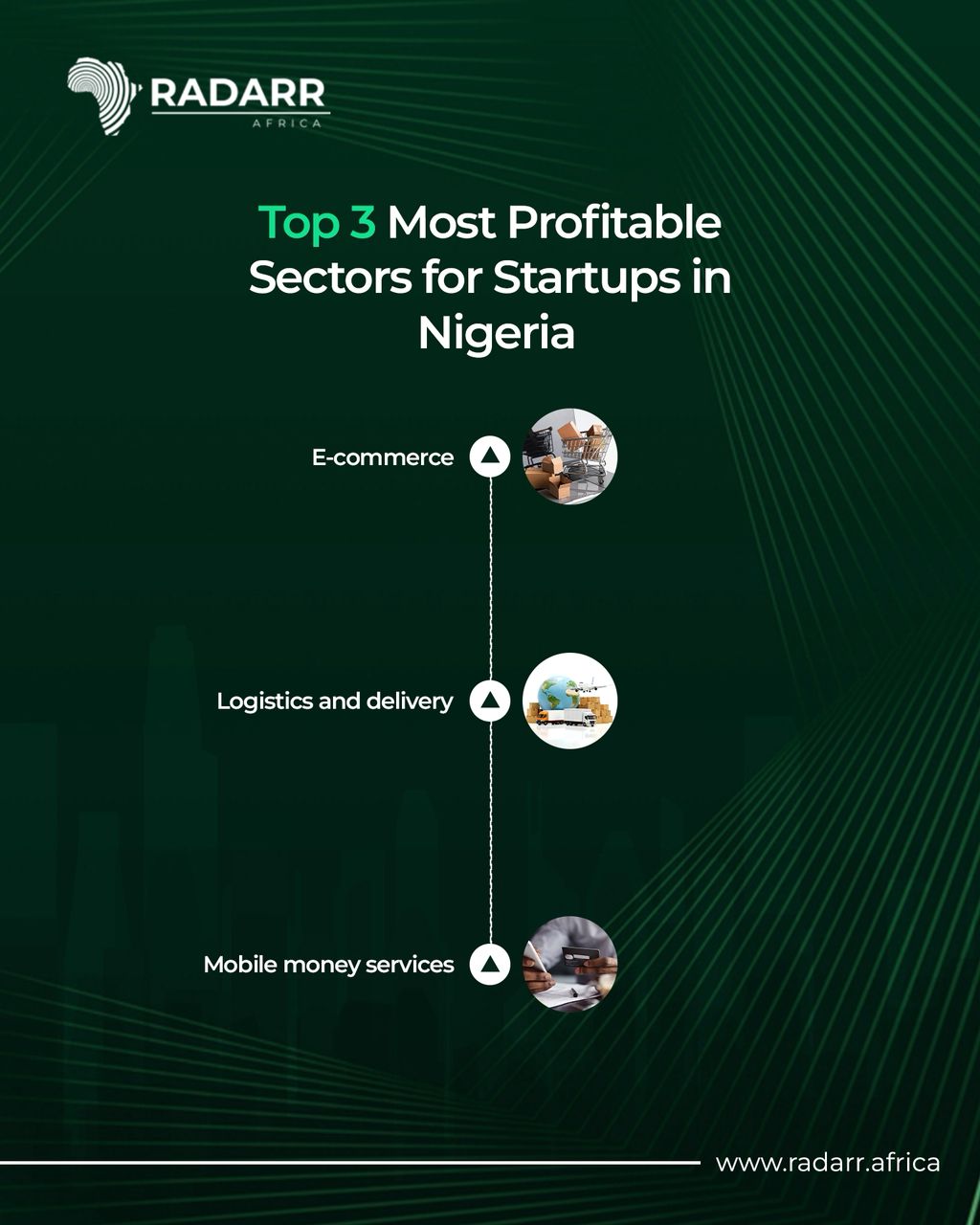Covering Nigeria’s dynamic business landscape, it’s impossible to ignore the sheer energy of the startup scene. Every day, new ideas and ventures emerge, all competing for a share of the market. But while the opportunities are vast, not all sectors are created equal. From my perspective, three industries consistently rise to the top as the most profitable and impactful for startups in Nigeria today: e-commerce, logistics and delivery, and mobile money services. These aren’t just isolated businesses; they are interconnected pillars of a rapidly evolving digital economy.
E-commerce: The Digital Marketplace
The first, and perhaps most visible, sector is e-commerce. For years, many doubted whether Nigerians would fully embrace online shopping due to challenges with trust, unreliable internet, and inconsistent delivery systems. Yet, the narrative has shifted. A young, tech-savvy population, coupled with increasing smartphone and internet penetration, has transformed online retail into a goldmine.
Companies like Jumia, Konga, and PayPorte have shown that Nigerians are willing to shop online, while smaller niche stores are carving out space with specialized offerings. The convenience of shopping from home, alongside access to a wide range of products, has made e-commerce not only profitable but also central to modern consumer culture.
What’s even more interesting is the rise of B2B (business-to-business) e-commerce platforms, which allow wholesalers and small traders to connect directly. Similarly, localized services targeting cities outside Lagos, such as Port Harcourt, Kano, and Ibadan, are showing strong potential. Although competition is fierce and consumer trust remains a challenge, the sector offers massive opportunities for startups willing to innovate.
Logistics and Delivery: The Backbone of Commerce
It’s a simple truth: e-commerce cannot thrive without logistics. Every online order needs to be moved from a seller to a buyer, and in a country where road networks are often poor and traffic congestion is a daily reality, this creates both a challenge and an opportunity.
Startups in logistics and delivery are filling this gap. From motorbike riders weaving through Lagos traffic to larger companies offering inter-state deliveries, logistics has become the invisible engine of trade. Beyond e-commerce, businesses in fooddelivery, pharmaceuticals, and even agriculture are depending on efficient logistics to reach their customers.
The rise of last-mile delivery solutions — supported by apps that provide real-time tracking and route optimization — has created a new wave of growth. Despite rising fuel costs and infrastructural setbacks, logistics remains highly profitable because the demand cuts across nearly every sector of the economy.
Mobile Money Services: Financial Inclusion and Revenue
The third sector, mobile money services, is not just profitable but also socially transformative. A significant number of Nigerians remain unbanked, yet almost everyone has access to a mobile phone. This has opened the door for startups to provide financial services outside the traditional banking system.
Companies like Paga, OPay, PalmPay, and Moniepoint have become household names, offering everyday Nigerians a way to send and receive money, pay bills, buy airtime, and even save. The revenue model is straightforward — transaction fees, agent commissions, and value-added services — but the real profitability lies in scale. Millions of transactions happen daily, and the numbers are growing.
At the same time, mobile money plays a role in boosting financial inclusion, enabling small businesses and individuals in rural areas to participate in the economy more effectively. Of course, fraud and security risks remain, but with tighter regulation and improved technology, the sector continues to thrive.
An Interconnected Future
The most compelling takeaway from my observation is that these three sectors are deeply intertwined. The growth of e-commerce fuels logistics demand, while both depend on mobile money solutions for seamless payments. For entrepreneurs, the biggest opportunities may not lie in focusing on just one sector, but in building innovative solutions that cut across all three.
For example, a delivery startup that integrates mobile payment options or an e-commerce platform with its own in-house logistics network can gain a competitive edge. These synergies highlight that the future of Nigeria’s startup ecosystem lies in collaboration, integration, and innovation.
E-commerce, logistics, and mobile money are not just profitable industries, they are shaping how Nigerians trade, connect, and access financial services. They represent both the challenges and the promise of doing business in Nigeria: tough, unpredictable, but full of opportunity for those bold enough to take the leap.
